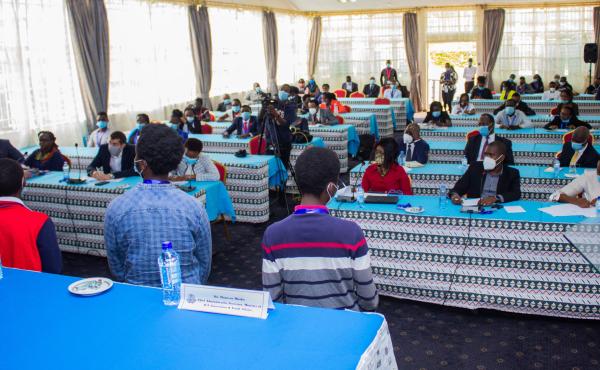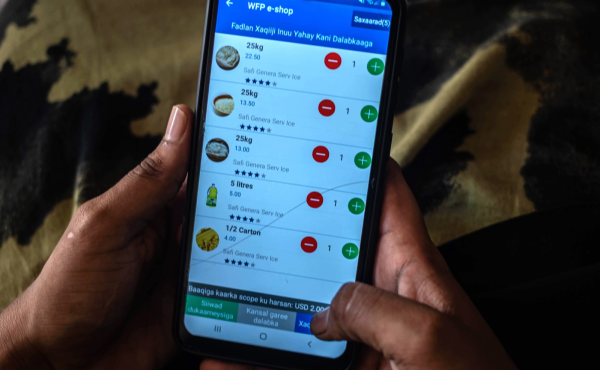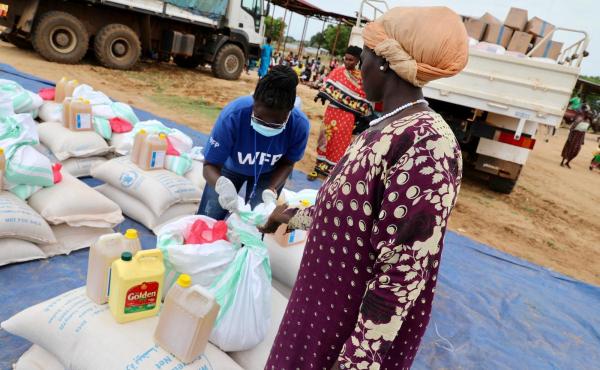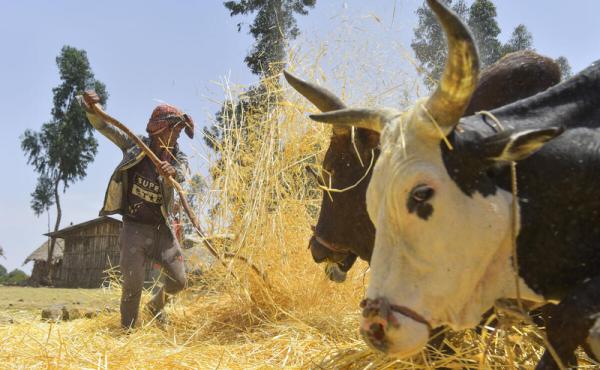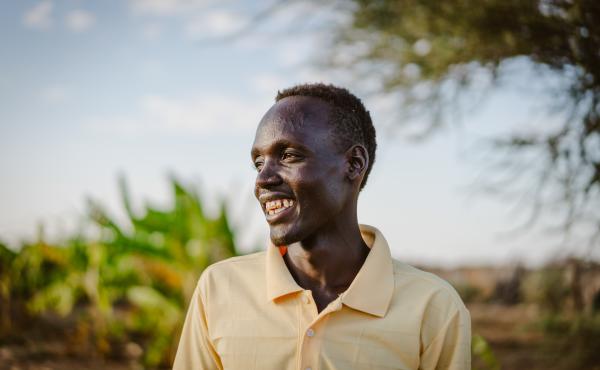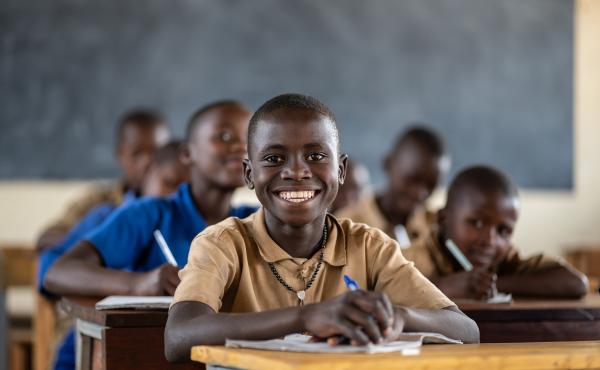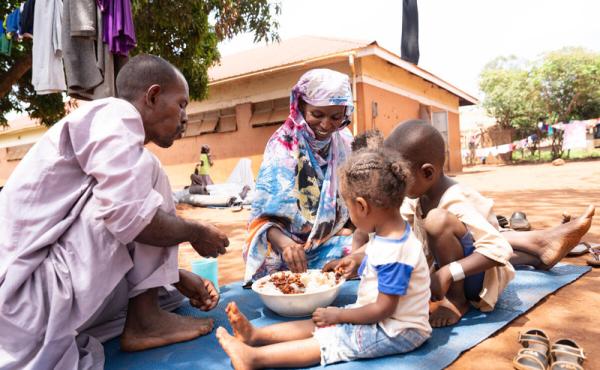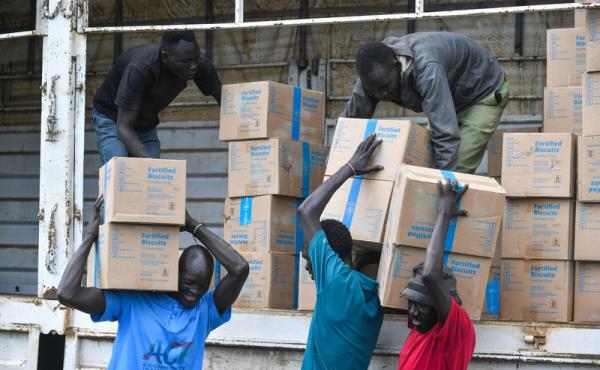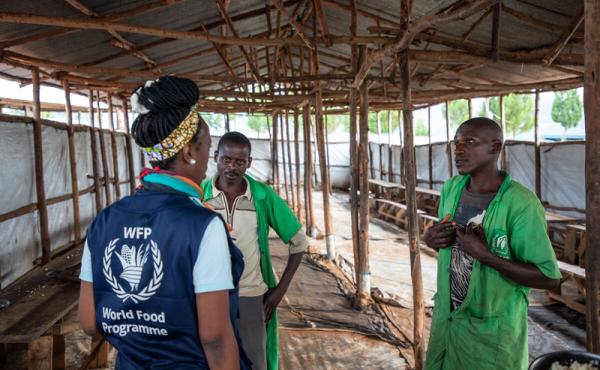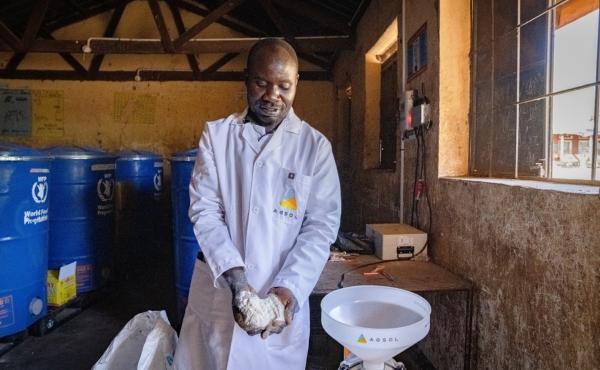The WFP IGNITE Innovation Hub is located in Nairobi, Kenya and supports country offices across the region to catalyse sustainable and scalable impact. With a vision that food systems across the region are resilient, inclusive and locally led, its work is organized across the following pillars:
- Private Sector Development brings together local stakeholders from across government, private sector, financial institutions, academia and research institutions to support development and scaling of local solutions, private sector models and to bring research-backed ideas to commercialization.
- Innovative Finance enables access to finance for WFP’s programmes and operations through innovative finance mechanisms like climate finance and impact investing.
- Capacity Strengthening supports country offices with hiring, onboarding, and training talent, along with internal innovation programming engaging all staff for operational efficiency and effectiveness.
- Collective Learning offers tools, support and collaborative events for knowledge sharing, learning, impact measurement and storytelling across WFP and beyond.




